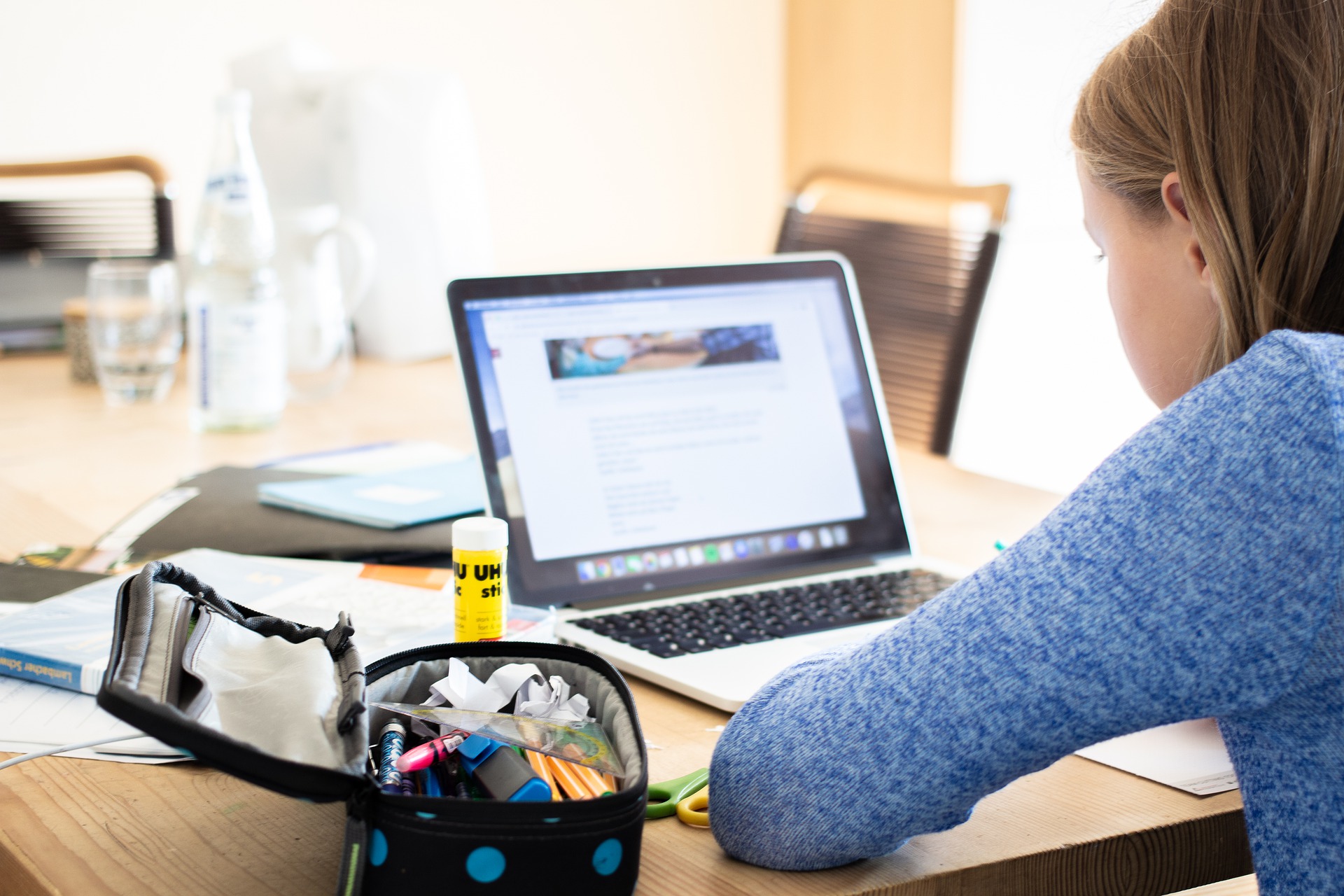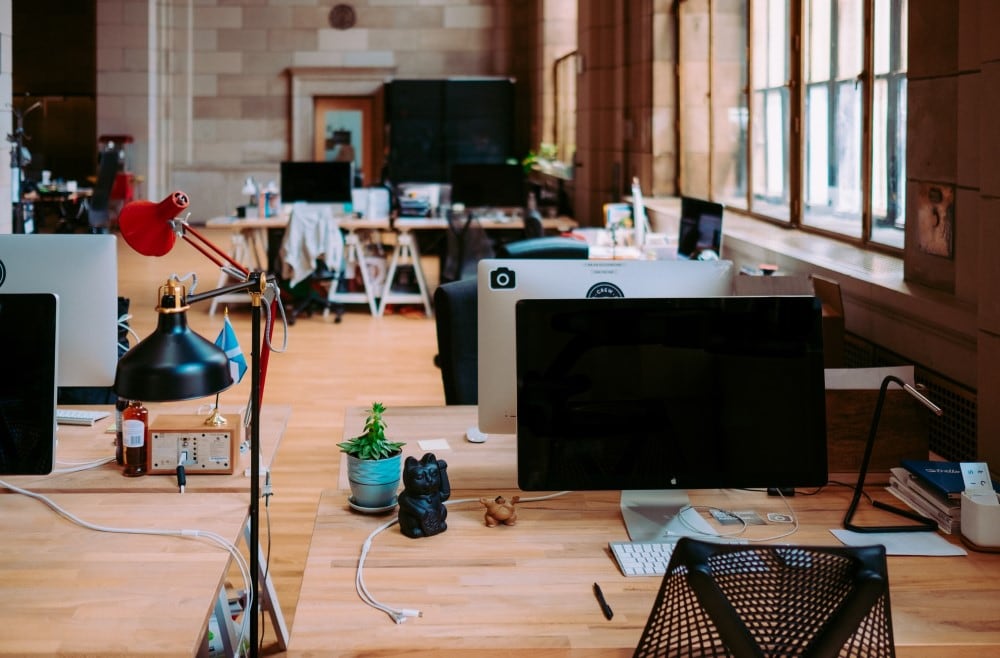
Employees can be at risk of facing stress and pressure in the workplace. Various factors can cause that. It is due to task overwhelming, deadlines, conflicts, and miscommunications. Stress and pressure at work can both lead to some adverse effects on the physical, mental, and emotional health of the employees. Thus, learning how to deal with pressure and stress in the workplace is such a vital thing to by the employees. Good thing, there are some ways on how to manage stress and pressure at work.
Tips on How to Manage Stress and Pressure in the Workplace
Stress is common to some workers who do not take action to prevent or stop it. Since we may become pressured at most times, we can also deal with it effectively. The same goes for stress. There are stress management techniques that can do so we can keep our working experience more efficient. Below are some ways on how to do that.
#1 Start your day right. Starting your day with the right mindset is one of the best ways to do to be able to manage pressure and stress effectively. Make sure to eat foods with proper nutrition and keep yourself hydrated. Create a good plan and stick to it. Maintain a positive attitude early in the morning until the rest of the day.
#2 Keep yourself calm, even under pressure. It is vital to keep a calm demeanour, no matter how distracting the situation is. Of course, this is not always easy to do. However, practicing it with consistency will help you create a calm attitude. Staying relaxed shows that you can complete your tasks more efficiently despite the pressure around you. You can also create better decisions when you are calm and focused.
#3 Make sure to get precise requirements for your job. Often, employees experience work burnout because they do not have a clear understanding of the tasks assigned to them. It can be because of a lack of skills or poor task delegation. Avoid stressing yourself because of that. Make sure to ask the requirements of the job if you think you need more information about it. If you feel your efforts are not enough to meet your manager’s expectations, do not hesitate to ask for assistance. You will feel relieved instead of stressing yourself more.
#4 Stay focused on what are the things need to be prioritized. The day may be stressful; that is a fact for most of our working experiences. However, we still need to keep an aim on our objectives. We need to keep our concentration on what needs to be done. It is also a way of maintaining a sense of responsibility for your job.
#5 Get rid of interpersonal conflicts. There can be some instances where disputes and issues among your co-workers also happen. This can also lead to unwanted stress and discomfort in the workplace. You can’t work with your best ability if you’re feeling uncomfortable with your surroundings, Avoid gossiping and office politics. Do not partake in giving too much personal information that has nothing to do with your tasks. Instead, share positive vibes and create meaningful relationships with your colleagues. It’s essential to learn how to deal with your colleagues appropriately to avoid misunderstandings and conflicts.
#6 Stay away from drama and be more professional. Do not engage in heated arguments in the workplace. Be professional in dealing with your colleagues as well as when working on your tasks. There can be personal and work-related dramas, but it is crucial to stay away from them. In times you get involved with an argument in the office, you need to pause, take a deep breath, step back, and then refresh your mind before giving off your words. There will be no good conversation if you express yourself when your emotions are still high.
#7 Make your working station comfortable. Physical discomfort is another factor that can add stress to you. For instance, when you’re working with an uncomfortable chair or working with a monitor that is too high, you may feel discomfort. The good thing today is that several ways and breakthroughs can aid discomfort while working. Ergonomics plays an essential role in it. Standing desks and desk converters help workers to alternate between standing and sitting. There are already various sources that sitting can heighten the effects of a sedentary lifestyle. Besides, computer ergonomics must also be applied in the workplace to avoid conditions such as eye strain, fatigue, carpal tunnel syndrome, and neck pain. There are also other ergonomic accessories that you can use, such as ergonomic mouse and keyboard trays.
#8 Don’t hesitate to ask for assistance. As a team member, you have a role in contributing your best to play your part in a project. It’s okay to ask for help or feedback for you to improve your performance. Solve the issues right away and get ideas from your colleagues to not make problems get worse. Asking for your colleague’s help is not a sign of weakness; it’s actually a way of showing that you value teamwork and unity.
#9 Manage your emotions. When feeling stressed, you should not let it show too much because this can be contagious. Your worry should not affect others in the workplace. Instead, you should learn how to manage your emotions and be calm amid pressure. Alternatively, you should spread good vibes and motivation so others will be happy at work as well.
#10 Take a break or walk at lunch.Make some movements at work to get rid of living a sedentary lifestyle. You can do some short exercises during your lunch break, or other times in the entire day. Doing so can aid in lifting your mood and get your body into a good shape. Taking breaks is advisable, so you will not get overwhelmed at your work.
Staying focused and positive in the workplace can be the most effective way to handle stress and pressure. This is also a vital trait that employers are looking for in their new employees. It’s an ability that can help everyone become better with their job.
Aside from the tips mentioned above, there are also other tips that you can try. Listening to music, for instance, is another way to deal with stress and pressure. You can do it after a long day’s work or while driving at home. The less stressed you become, the better relationships you can create with people. Also, you can be emotionally and physically healthy when you know how to handle pressure and anxiety.





